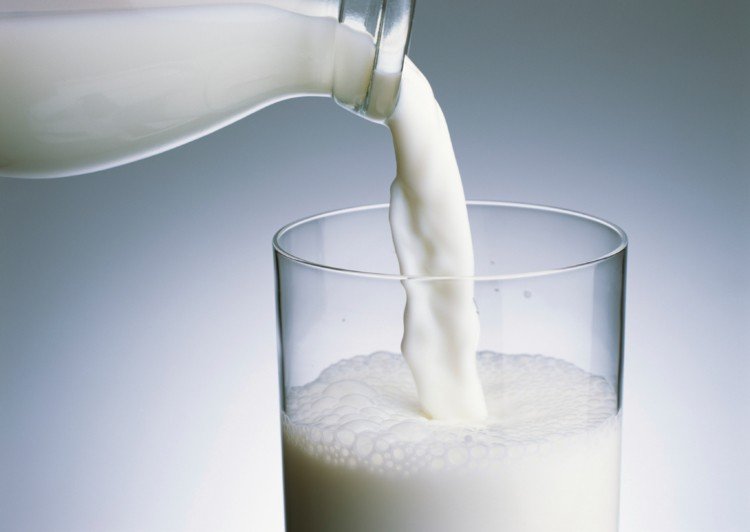Inside BENEO’s new pulse plant: pioneering sustainable protein from faba beans
A recent study led by a team of researchers at the University of Central Florida, US reveals that a strain of bacteria commonly found in milk may be a trigger for developing rheumatoid arthritis in people who are genetically at risk.
The study involved 100 patients who volunteered clinical samples for testing. Nearly 80 per cent of the patients with rheumatoid arthritis were found to have a mutation in the PTPN2/22 gene, and 40 per cent of that number tested positive for Mycobacterium avium subspecies paratuberculosis or MAP.
Humans can contract the bacteria through the consumption of infected milk, beef and produce fertilised by cow manure. The researchers believe that by understanding the role of MAP in rheumatoid arthritis, the disease could be treated more effectively.
The team concluded that individuals born with this genetic mutation and who are later exposed to MAP through consuming contaminated milk or meat from infected cattle are at a higher risk of developing rheumatoid arthritis.

